As unemployment hits record highs, new graduates and engineers are lowering their salary expectations and are willing to look for work, even manual labor, in smaller cities.
Announced this week by Liepin Big Data Research Institute, a Chinese recruitment platform, the average expected monthly salary of this year's graduates is 8,033 yuan a month (about 27 million VND), 100 yuan less than last year.
"Employment is closely linked to the overall performance of the market. In recent years, with increasing uncertainties, the macroeconomy has been under pressure," the Liepin Institute said in a report. The agency assessed that the salary expectations given by students were "very reasonable".
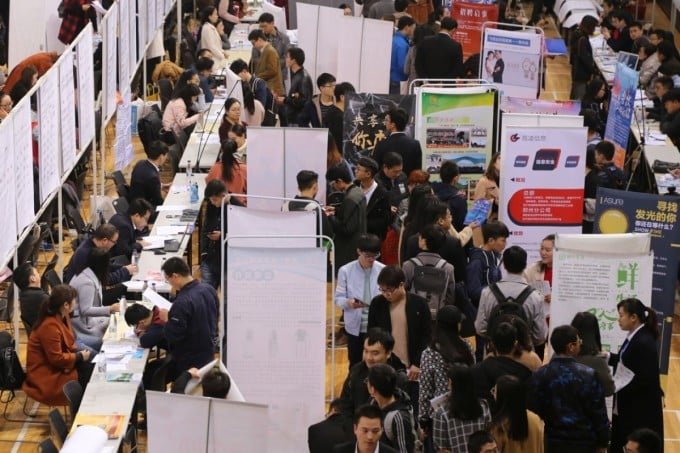
Job seekers attend a job fair at Zhengzhou University in Henan province, China, in 2017. Photo: Reuters
Emerging economic hubs, known as new tier-1 cities, are attracting students by offering significantly higher salaries than before, with the aim of boosting the local economy.
Hefei, capital of Anhui Province in eastern China, is one example. In recent years, the city has focused its resources on industries such as electric vehicle manufacturing, smart home devices, integrated circuits and electronic information, aiming to build a new national technology cluster.
Hefei and Xi'an, capital of Shaanxi province, have average salary increases of 29% and 27% this year, aiming to attract new graduates and build human resources for regional industry.
As for new graduates, they are trying to adapt to the changing market by paying more attention to job opportunities in new tier-I cities. The proportion of job applications targeting new cities increased from 33% to 40% this year, while the proportion for the four traditional tier-I cities of Beijing, Shanghai, Guangzhou and Shenzhen fell from 54% to 49%.
Yuan Jianhua, founder of career consultancy Zxpai with 20 years of recruitment experience, said fresh graduates are becoming more open to moving to new cities because of the relatively low cost of living and great future potential.
“Although the average salary in big cities is higher, it is difficult for young people to live comfortably after paying rent and essential expenses,” Yuan said.
According to Liepin's survey, six out of 10 students graduating next year will settle for manual labor if they cannot find a job they want. This rate increased by 1.6 percentage points compared to the previous year.
Top blue-collar jobs include serving in the food and beverage industry, entertainment, or transportation jobs such as delivery, ride-hailing, and courier services. Others take jobs in more traditional industries such as manufacturing, agriculture, and forestry.
Last month, a report by Jinan University and recruitment platform Zhaopin found that “flexible jobs” accounted for nearly 20% of all job openings in the first quarter of this year, up from 14% three years ago. At the same time, the proportion of people seeking flexible jobs also increased by 4 percentage points to 23%.
“Flexible work” is a euphemism for temporary, non-degree work that often involves manual labor. The report also confirms that “flexible work” is becoming a significant part of the market, even accounting for the majority of job postings in some industries.
The unemployment rate among 16- to 24-year-olds in China reached more than 20 percent in April this year, and then continued to rise in the first half of the year. The country has not released the figures recently, following new government regulations.
Phuong Anh (According to SCMP )
Source link


![[Photo] April Festival in Can Tho City](https://vstatic.vietnam.vn/vietnam/resource/IMAGE/2025/4/10/bf5ae82870e648fabfbcc93a25b481ea)


![[Photo] Unique folk games at Chuong Village Festival](https://vstatic.vietnam.vn/vietnam/resource/IMAGE/2025/4/10/cff805a06fdd443b9474c017f98075a4)

![[Photo] Opening of the 11th Conference of the 13th Party Central Committee](https://vstatic.vietnam.vn/vietnam/resource/IMAGE/2025/4/10/f9e717b67de343d7b687cb419c0829a2)





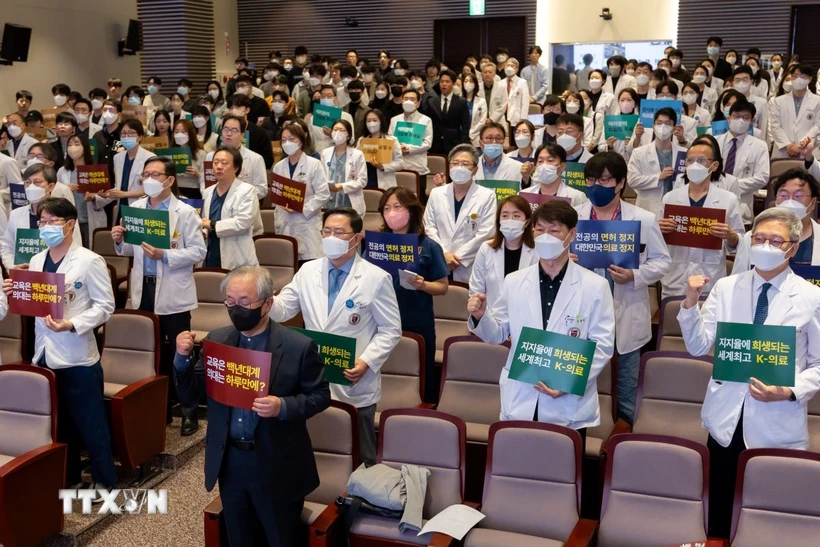

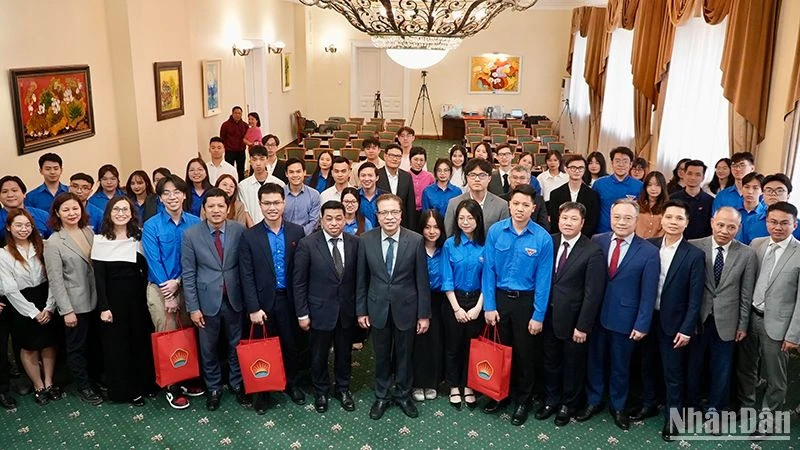





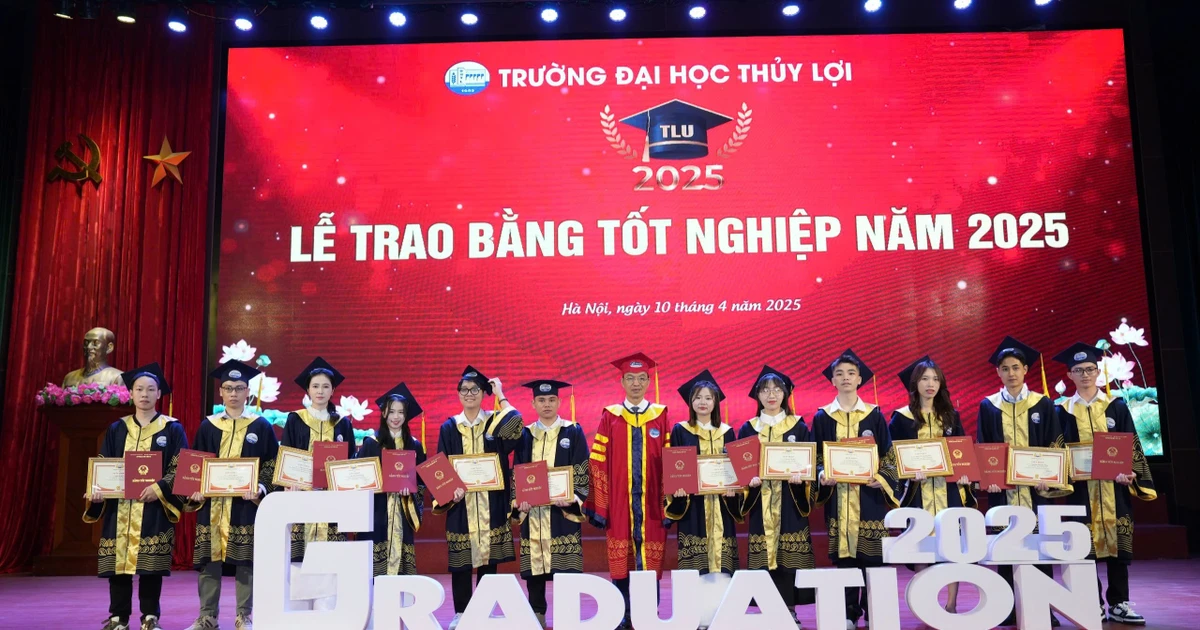



























































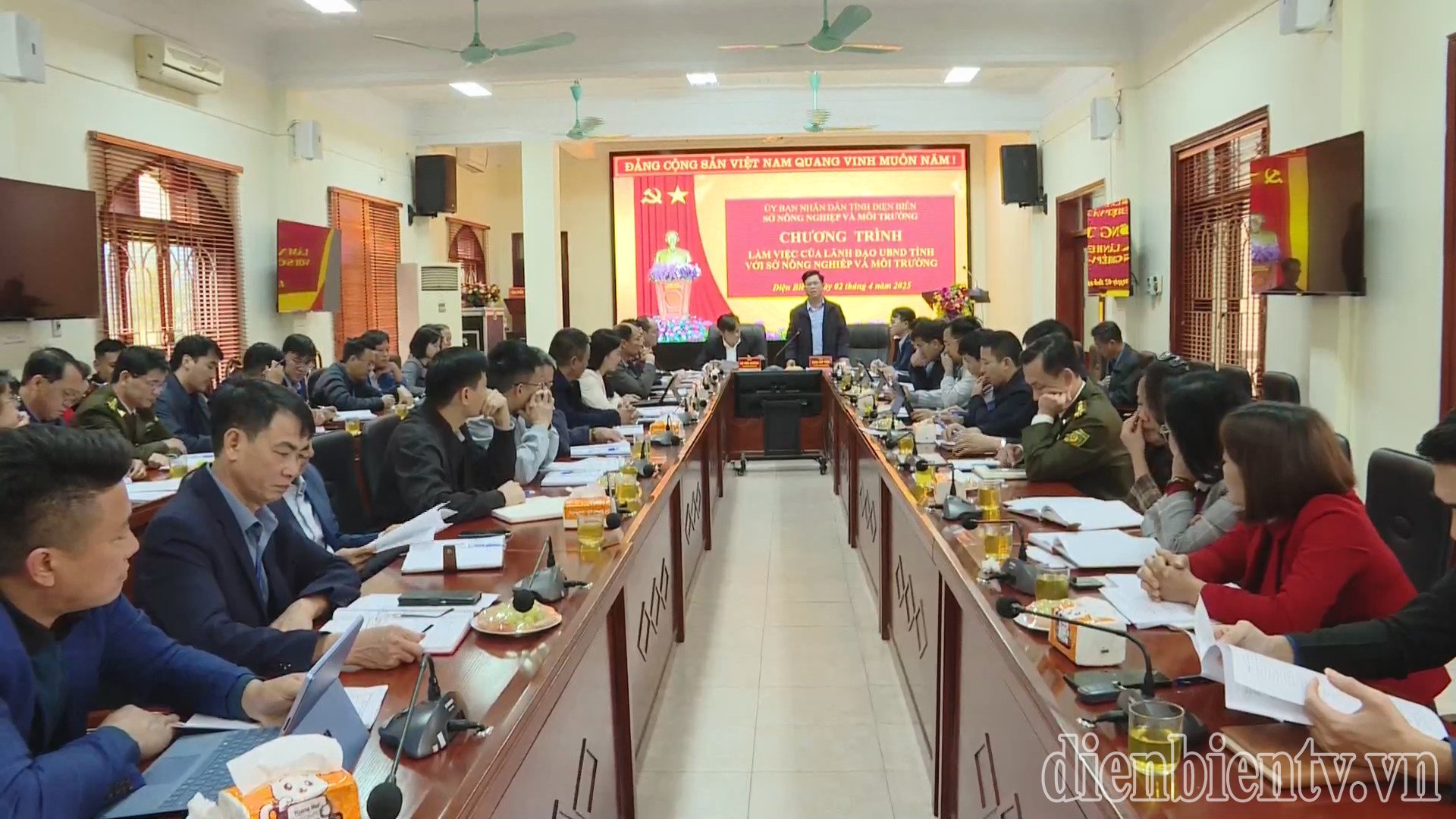

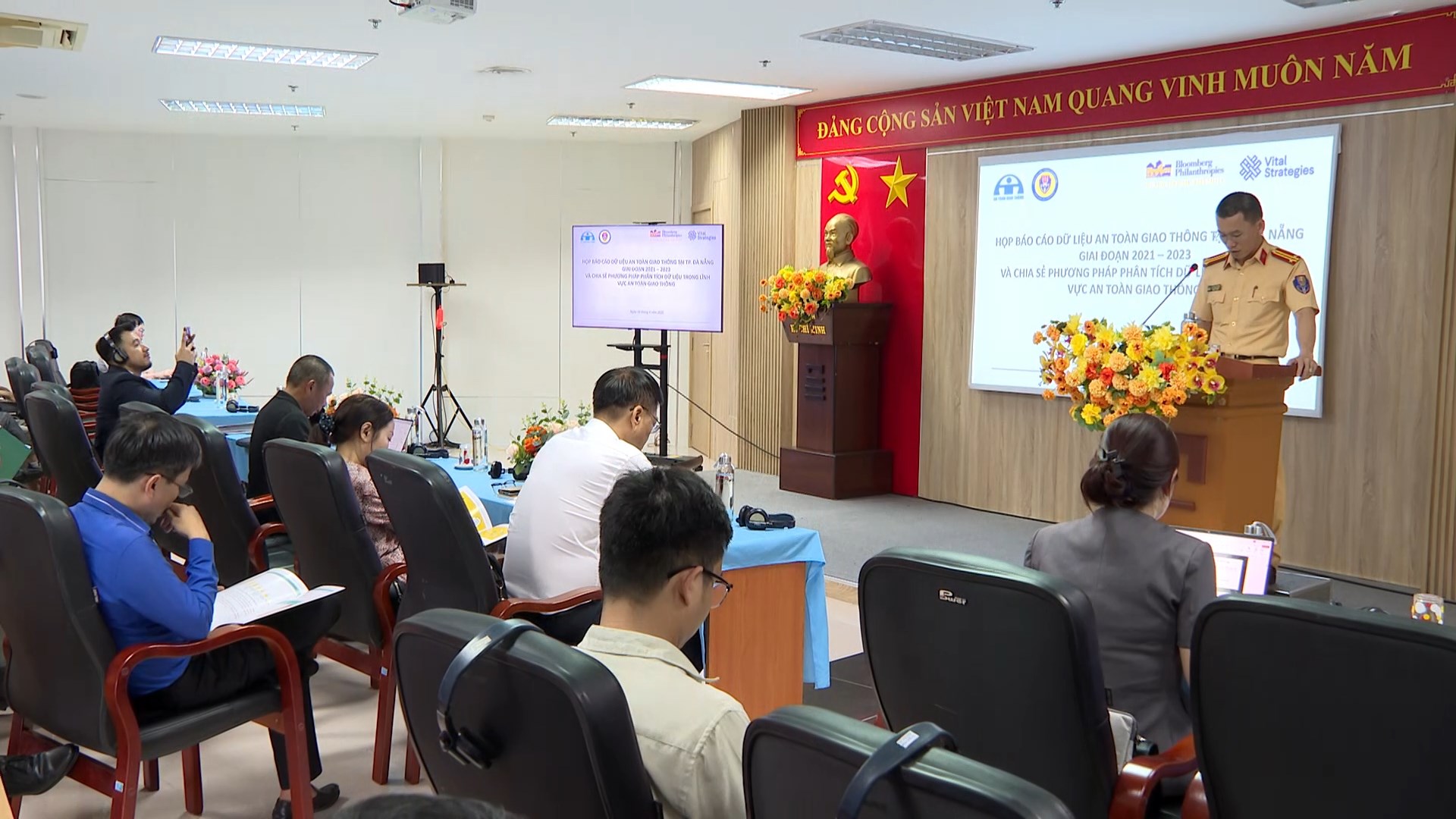
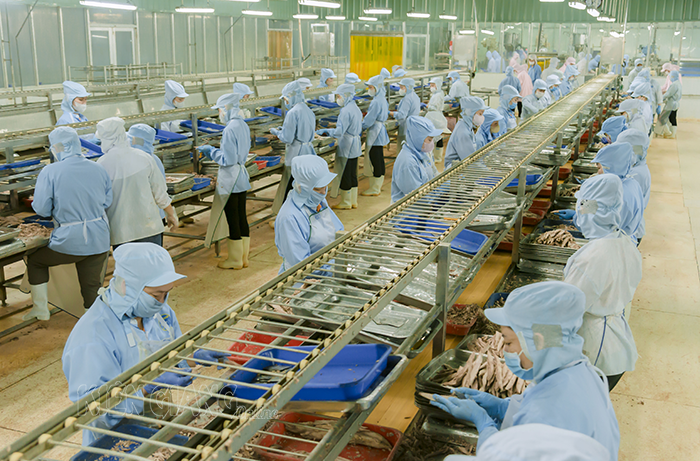










Comment (0)